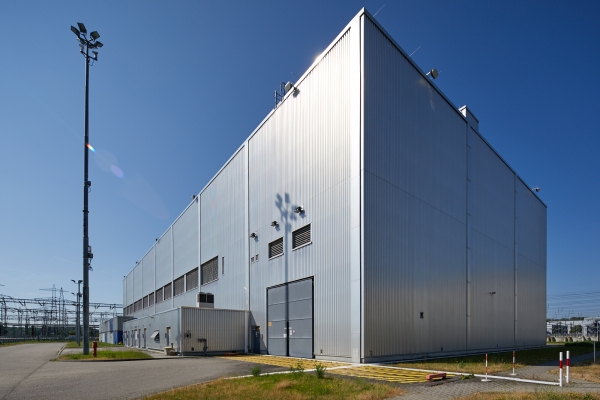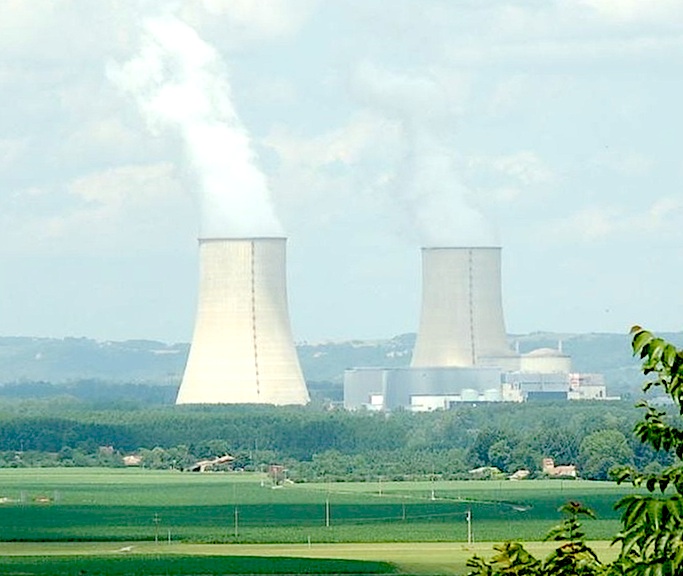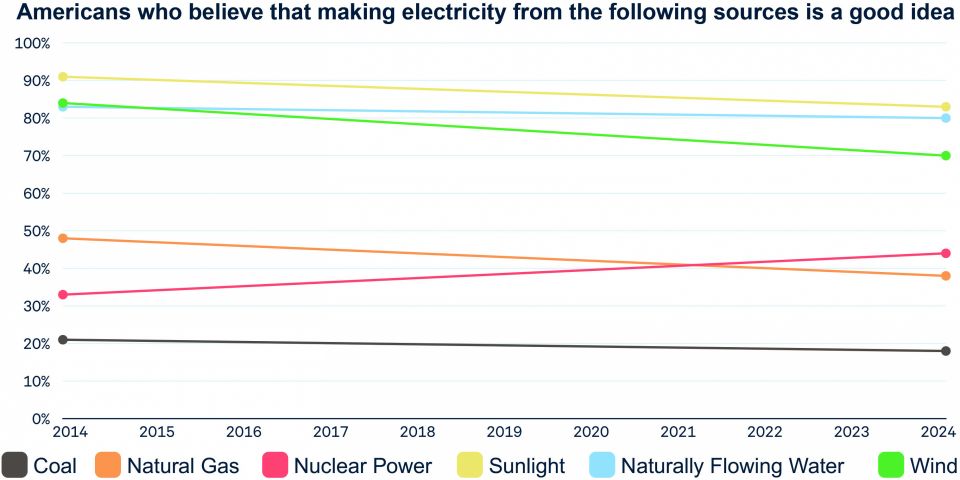However, the bill avoided setting targets for building up renewable capacity in the form of wind and solar—an omission that was a contrast to previous energy bills, which had featured specific targets for wind and solar energy. According to a statement by the Ministry of Energy Transition, such targets are to be established by the government at a later date.
Opponents’ criticisms: The early January draft was viewed by some as a sign that the French government realizes the heightened importance of refocusing on nuclear energy, especially considering the country’s aging nuclear fleet and lack of new-generation plants. Although proponents advocated for the bill to ensure energy sovereignty and carbon neutrality, opponents condemned it as backward.
Some environmentalists noted that the setting of specific goals for nuclear while neglecting them for renewables runs contrary to previous government objectives as well as studies that have shown the necessity of increasing renewable energy sources in order to reach carbon neutrality by 2050. Another criticism was that the bill dropped previous targets for reducing energy consumption, such as through building renovations.

Le Marie
Mid-January draft: The controversy led to a rewriting of the draft bill, according to a January 19 report by Euractiv. The new version—for now—has dropped all targets for any energy sources, which probably pleases nobody. That announcement was made by economy minister Bruno Le Maire, who took over the energy portfolio after a recent government “reshuffle.”
Le Maire’s office has stated that more time is needed to determine “what should come under the law and what should rather be part of the energy and climate programme, at the regulatory level,” adding that “France will obviously have a multiannual energy program and targets for renewable energy.” Le Maire has expressed his personal preference for speeding up the deployment of renewable energy.
Waffling and hesitation: Some members of parliament have attacked the dropping of all specific energy targets and called for their reintegration into the text of the bill. But the government now appears to be waffling and hesitating further on the legislation. According to the Euractiv report, the cabinet might submit only parts of the bill to parliament for consideration—those that relate to regulating the sale prices of nuclear and hydropower electricity.









